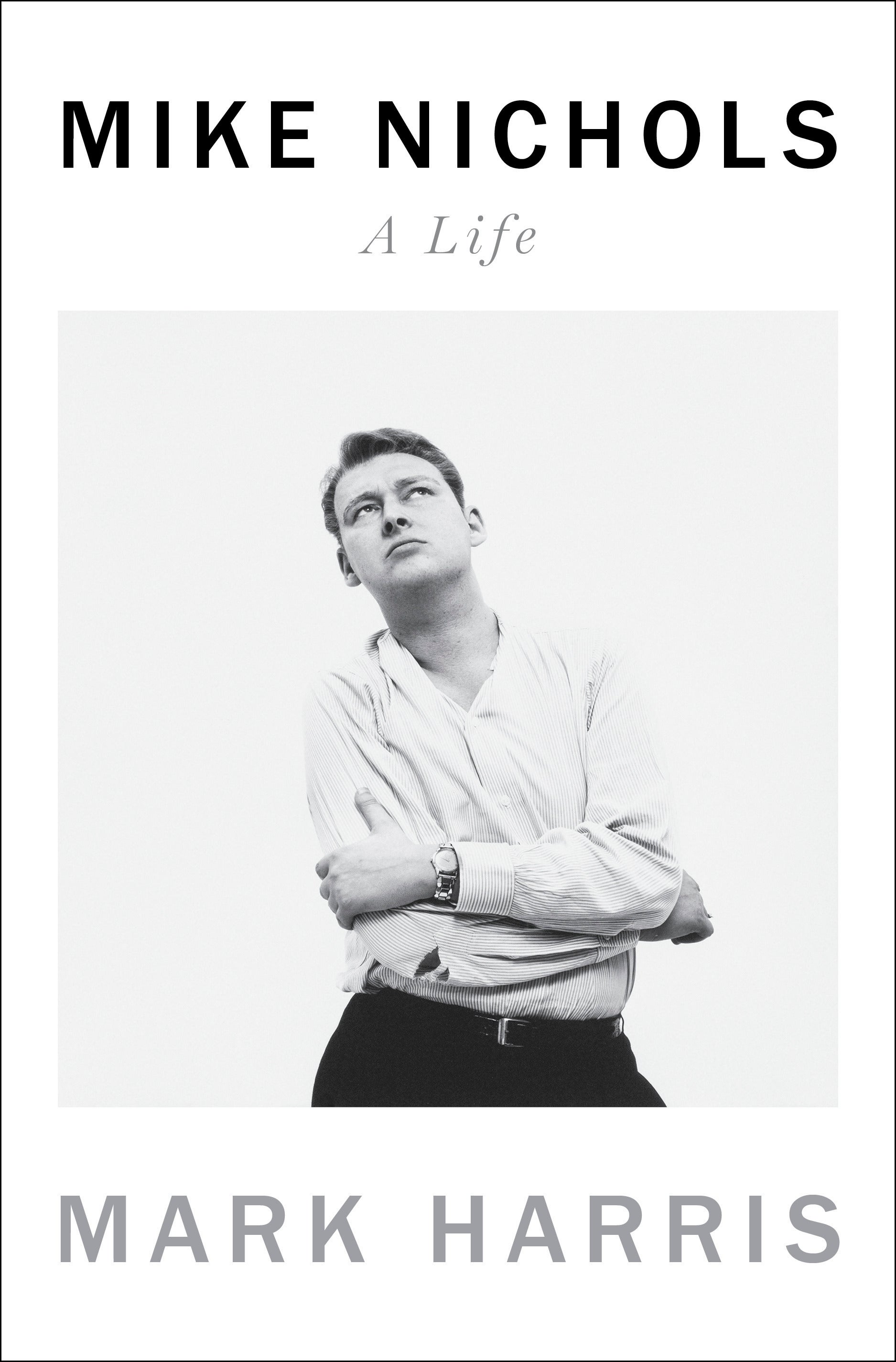Review: Mike Nichols bio the epic his artistic life deserves
A new biography of director Mike Nichols is the epic that his epic artistic life calls for, Associated Press writer Douglass K

Your support helps us to tell the story
From reproductive rights to climate change to Big Tech, The Independent is on the ground when the story is developing. Whether it's investigating the financials of Elon Musk's pro-Trump PAC or producing our latest documentary, 'The A Word', which shines a light on the American women fighting for reproductive rights, we know how important it is to parse out the facts from the messaging.
At such a critical moment in US history, we need reporters on the ground. Your donation allows us to keep sending journalists to speak to both sides of the story.
The Independent is trusted by Americans across the entire political spectrum. And unlike many other quality news outlets, we choose not to lock Americans out of our reporting and analysis with paywalls. We believe quality journalism should be available to everyone, paid for by those who can afford it.
Your support makes all the difference.“Mike Nichols: A Life ” by Mark Harris (Penguin Press)
Inspiration and talent don't always travel together. How many young men and women electrified by director Elia Kazan's Broadway productions of “A Streetcar Named Desire” in 1947 and “Death of a Salesman” in 1949 went on to achieve their own success in the performing arts?
One who did was a teenage Mike Nichols whose career in the theater and in film would rival Kazan's in critical and popular acclaim. Nichols directed across six decades, hits like “The Odd Couple" (1965), “The Real Thing” (1984) and “Spamalot” (2005) on Broadway and ”The Graduate" (1967) and “The Birdcage” (1996) on film. A Mike Nichols credit always made the heart race with anticipation.
So does “Mike Nichols: A Life,” an epic biography of an epic creative life. In page after page, writer Mark Harris delivers an engrossing narrative while exploring the qualities that made Nichols a thoughtful and generous friend and an encouraging, insightful director, his brilliance tempered by insecurities and destructive self-indulgence.
From the beginning, Nichols (1931-2014) was an outsider. He was born Igor Michael Peschkowsky in Berlin, a Jew in Hitler’s Germany. An allergic reaction rendered him hairless for life. Not yet 8 when he fled to New York ahead of war, he found that the U.S. had its own brand of anti-Semitism. The death of his father, a doctor, plunged his family into poverty when he was 13.
Nichols learned to observe life from the sidelines, a trait that served him well when he became interested in the theater and improvisational comedy. A partnership with Elaine May led to performances in clubs and on records, TV and Broadway that turned the duo into a national sensation.
But it was directing where Nichols excelled for the long haul. His appreciation for human behavior allowed him to finely tune stories and performances with writers and actors, what Harris describes as “the kind of granular, character-based work he most enjoyed.”
The 1960s was Nichols' decade. He directed a half-dozen plays on Broadway — his first, “Barefoot in the Park,” was a huge hit — and scored at the box office with his first movie, “Who's Afraid of Virginia Woolf?” His second, “The Graduate," brought him a fortune as well as an Oscar to go with three Tonys and a Grammy.
The 1970s was a comeuppance of sorts for the guy who could do no wrong but was getting fewer things right. The film “Carnal Knowledge” took away some of the pain from the big-budget failure of “Catch-22," but then other duds, “The Day of the Dolphin” and “The Fortune," followed. Nichols refocused on the stage and didn't direct another feature film for seven years until “Silkwood” with Meryl Streep put him back in the groove.
Harris details how the Nichols touch, at full strength, brought out the creative best in any collaboration. With actors it often came with a personal anecdote revealing an unexpected side to a character. But Nichols could be, as Harris writes, “tough, caustic, and dismissive," even sadistic. While filming “The Graduate,” he insisted on 15 takes for a scene in which actor Dustin Hoffman took a slap — and eventually suffered a torn eardrum. The show always came first: When a Neil Simon-scripted movie foundered in its initial weeks of shooting in the 1970s, Nichols fired its miscast star, star Robert De Niro, and eventually shut down the project.
Nichols had his limits with irascible actors or crew no matter how good they were. He directed George C. Scott in three plays and one film, drawn by Scott’s undeniable talent but rocked by his disruptive alcoholism. It was a personal slight — when complaining about a performance of “Uncle Vanya” Scott told Nichols to “slap on your wig and get your ass down to the theater” — that ended their association.
Successes as well as setbacks took a toll on Nichols' health. With more money came more food, more drink and more drugs, particularly cocaine. He was a profligate spender on art, Arabian horses and other fine things unimaginable to a poor kid. At times Nichols began a movie or a play far less prepared than usual, and the results showed. Hovering over all was depression, which could lay him low more than any artistic problem.
Closing the circle at 80, Nichols directed a revival of “Death of a Salesman” in 2012 and won his eighth and final Tony. Who in that audience will carry the torch that Nichols burned so brightly for so many years?
___
Douglass K. Daniel is the author of “Anne Bancroft: A Life” (University Press of Kentucky).